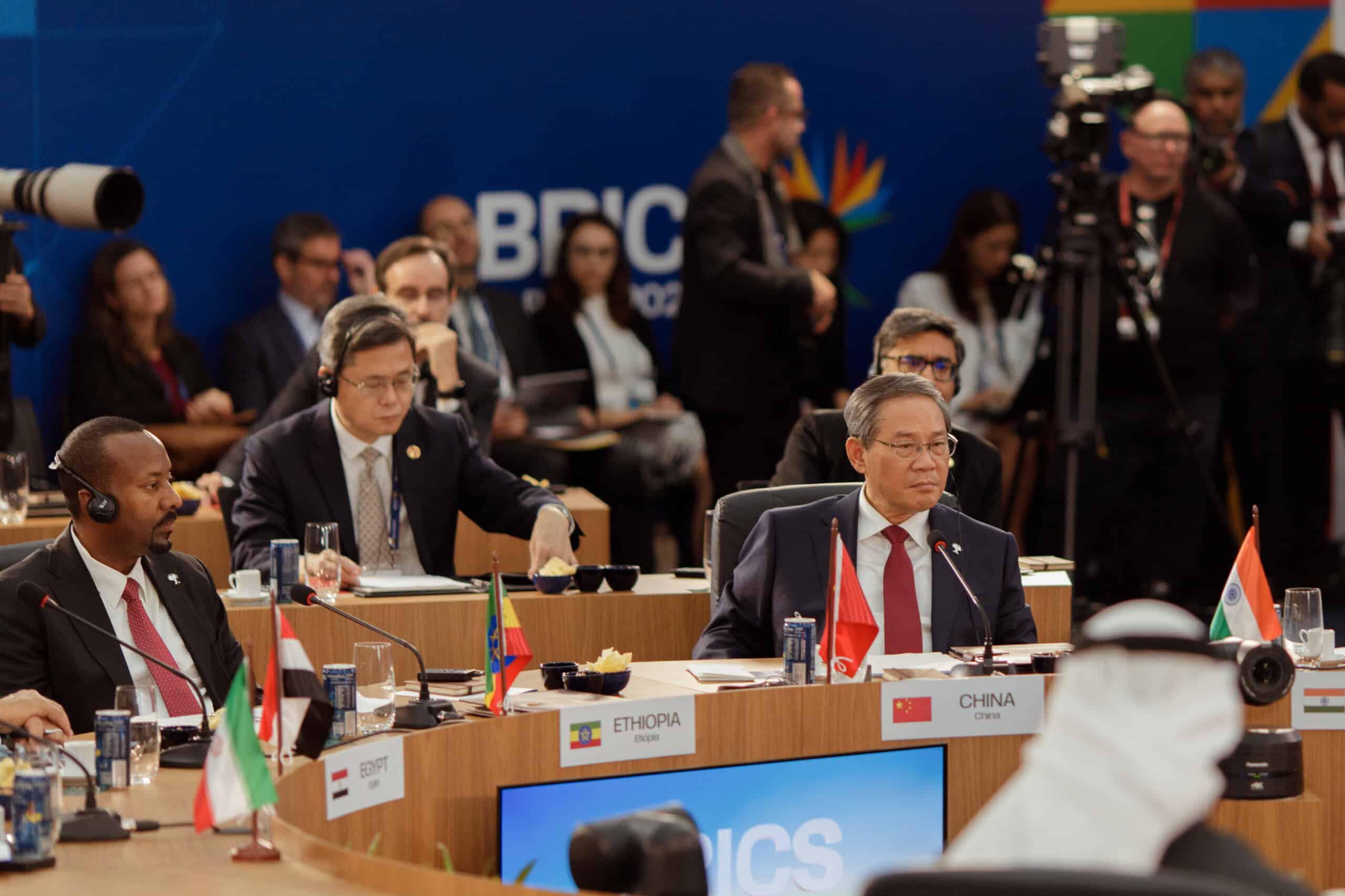Yuen Yuen Ang, an associate professor of political science at the University of Michigan, has been featured in The Diplomat, and written for Foreign Affairs, The Wall Street Journal and Project Syndicate. She was an Andrew Carnegie Fellow, and her book, How China Escaped the Poverty Trap, has won awards for its “game changing” research into the country’s development. Her latest book, China’s Gilded Age: The Paradox of Economic Boom & Vast Corruption (Cambridge University Press), expl
Navigate China's Business Landscape with Confidence.
- Gain visibility into supplier risks
- Easily manage trade compliance
- Conduct in-depth due diligence



